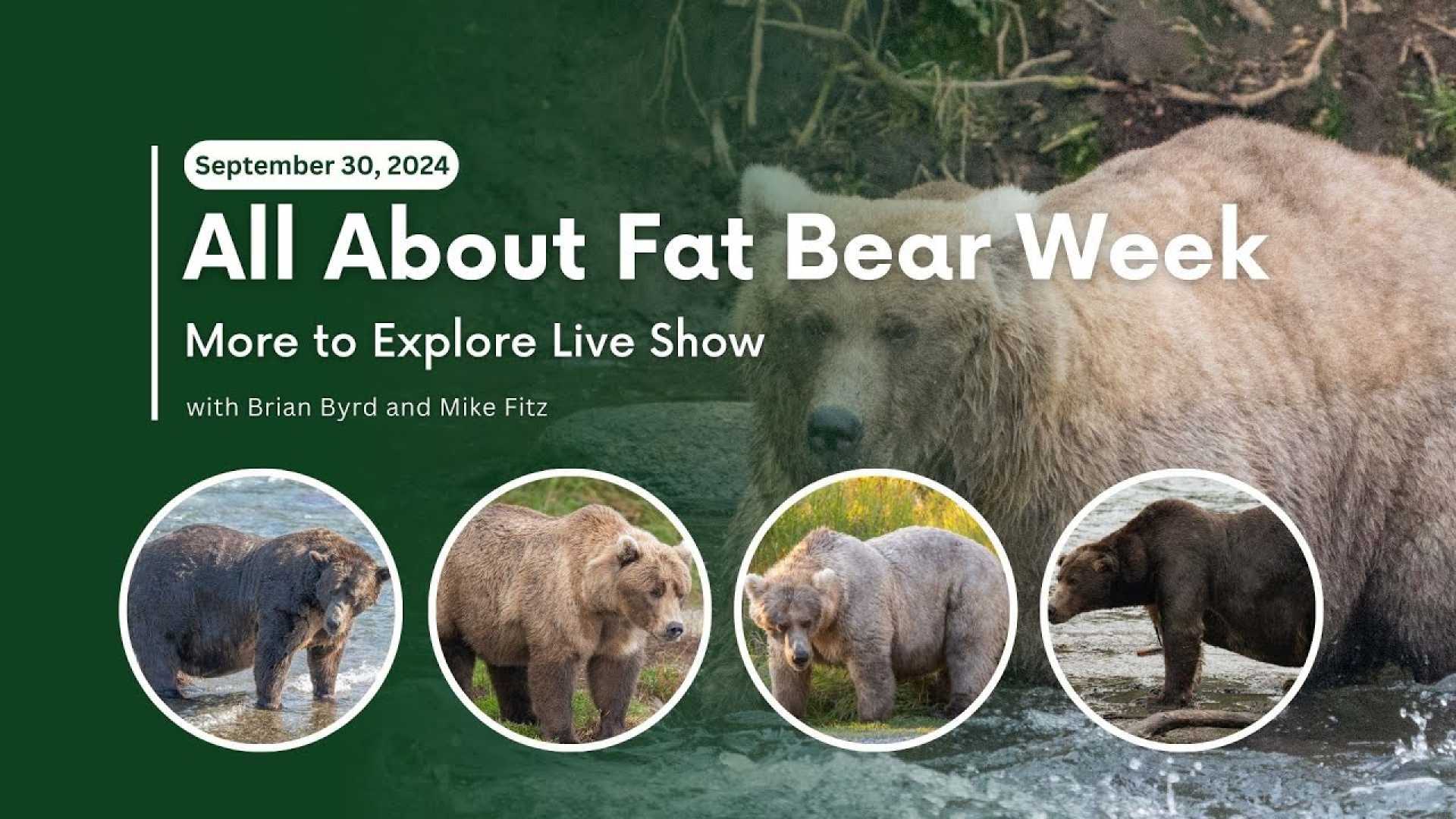News
Fat Bear Week Contest Launches Amid Tragedy at Katmai National Park

Fat Bear Week, a beloved annual contest, has begun at Alaska‘s Katmai National Park and Preserve. The event, in its tenth iteration, invites the public to vote online for their favorite brown bears as they fatten up for winter hibernation. This year, the competition started with heavy hearts following a fatal altercation between two bears.
The contest, which highlights the resilience of the approximately 2,200 brown bears inhabiting the southern Alaskan wilderness, was delayed by a day due to a deadly incident involving Bear No. 469 and Bear No. 402. The male bear, No. 469, attacked and fatally injured the female, No. 402, in Brooks River, an act captured on the live-streaming cameras set up in the park.
“National parks like Katmai protect not only the wonders of nature but also the harsh realities,” stated Matt Johnson, a spokesperson for the park. The event underscores the fierce competition these majestic creatures face for survival as they accumulate necessary body fat from the salmon-rich Brooks River.
This year’s competition bracket features 12 bears, with voting set to conclude on October 8. Participants in the event include Bear 128 Grazer, last year’s winner, alongside contenders like Bear 519 and 909 Jr, who garnered accolades in the preliminary Fat Bear Junior contest.
Mike Fitz, the naturalist at Explore.org, which organizes Fat Bear Week alongside Katmai, said of the incident: “The risks they face are real. Their lives can be hard, and their deaths can be painful.” Viewers and voters worldwide are invited to watch the bears on live cameras as they forage for the plentiful sockeye salmon, a crucial part of their diet.
The loss of Bear 402 was not the only issue of note. Recent weeks have seen incidents of bears receiving fish from human anglers, prompting park authorities to close parts of the Brooks River to non-subsistence fishing until October 31.
A statement from the National Park Service emphasized the importance of safety, noting that human interference with wildlife can lead to bears losing their fear of humans, creating potentially dangerous situations.












